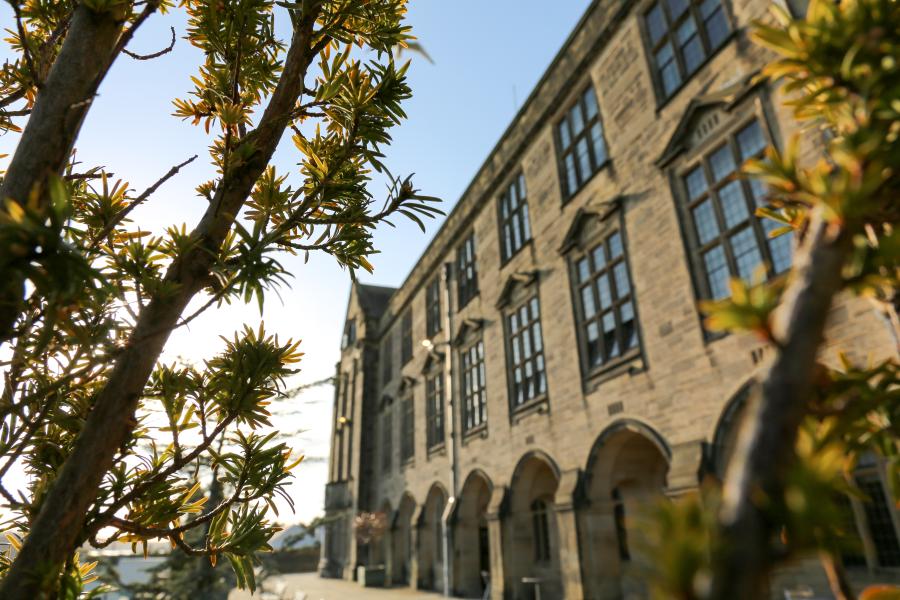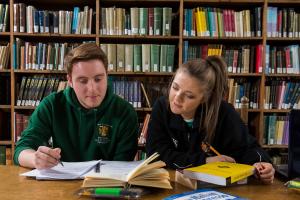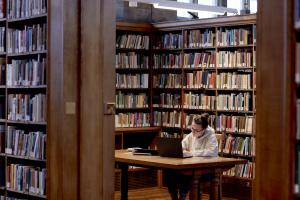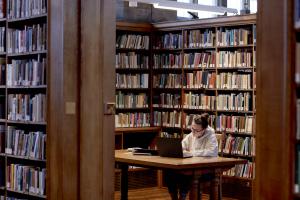You can enjoy teaching of a high standard delivered by true experts in their field. Take a look at our staff profiles to find out more.
You can enjoy teaching of a high standard delivered by true experts in their field. Take a look at our staff profiles to find out more.
Our Research in Celtic, Arthurian and Medieval Studies
The diverse and interdisciplinary natures of Celtic, Welsh, Arthurian and Medieval studies are well represented at Bangor University, drawing together research expertise across language, literature, history, archaeology and music.
Bangor University’s contribution to the growth of Welsh and Celtic scholarship, and Arthurian Studies has been recognised internationally since the foundation of the University in 1884. It was here that Sir John Morris-Jones compiled his monumental Welsh Grammar (1913), which forms the basis of the modern literary language, and the key editorial tradition of scholars such as Ifor Williams (Canu Aneirin, Canu Taliesin, etc.) continues to our times.
Bangor University has expertise across all major fields of Celtic literature, language and history, and staff include some of contemporary Wales’s leading writers and creative practitioners, in both prose, poetry and drama. The exceptionally rich archaeological landscapes of north-west Wales provide a natural focus for our research analysing past societies, their settlements and material culture from the late Mesolithic to the post-medieval.
Excellent research and teaching of Arthurian Studies has been cemented through the foundation of the University’s Centre for Arthurian Studies, serving as a hub for international research exchange through long-standing connections to the International Arthurian Society. Alongside the Stephen Colclough Centre for the History and Culture of the Book, and the R.S. Thomas Research Centre, it offers impressive resources, including rare editions, for researchers in all of these areas.
You may also be interested in these related subject areas.
You may also be interested in these related subject areas.







